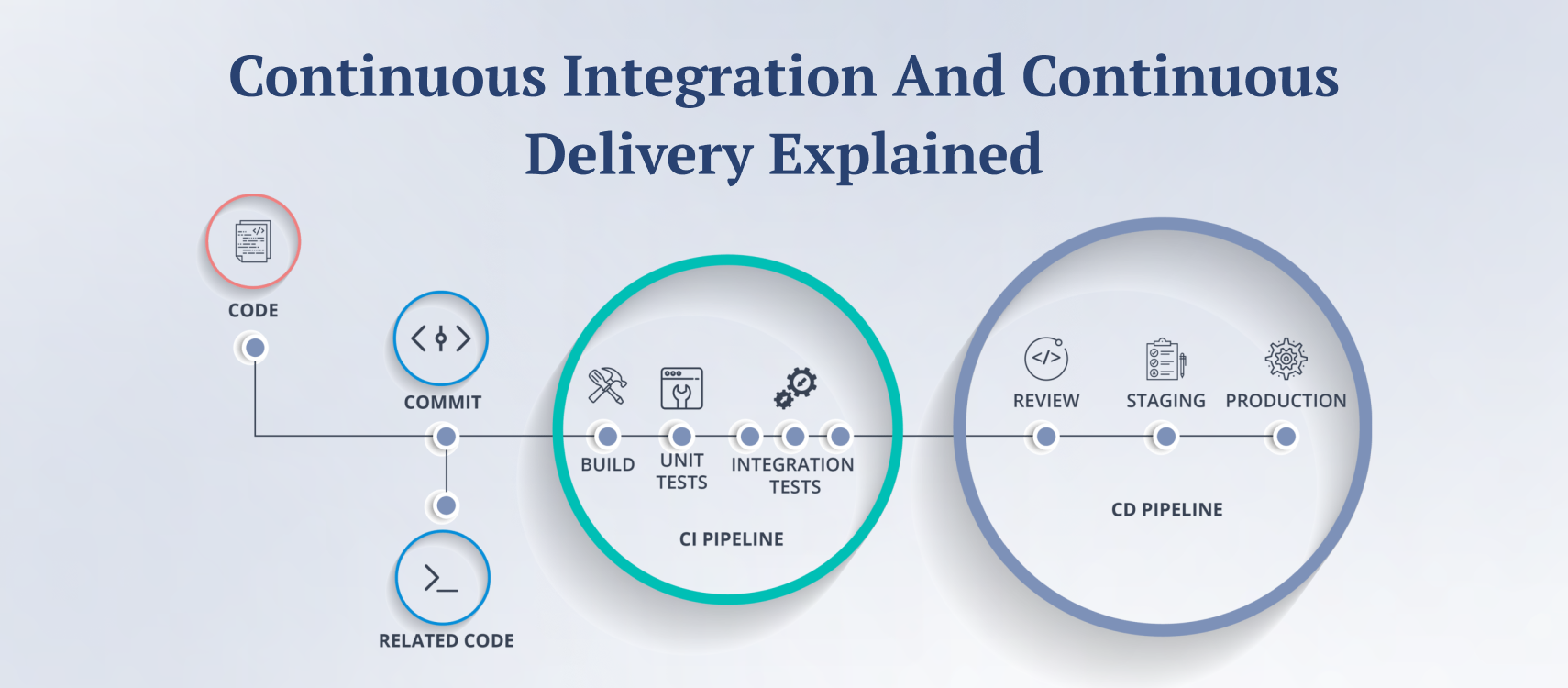Table of Contents
- Supply Chain Management
- Healthcare and Medical Records
- Real Estate and Land Title Management
- Voting Systems
- Intellectual Property Protection
- Digital Identity Verification
- Energy Trading and Grid Management
- Media and Entertainment Distribution
- Retail and Supply Chain Transparency
- Ending Notes
Blockchain technology, initially popularized by its association with cryptocurrencies, has evolved into a versatile tool with applications far beyond the realms of fintech. Its decentralized, secure, and transparent nature has captured the attention of innovators across various industries, paving the way for groundbreaking solutions that promise to revolutionize how we conduct business, ensure security, and streamline processes.
In this blog post, we are going to shed some lights on use cases of blockchain technology well beyond cryptocurrency fintech applications
Supply Chain Management
The global supply chain is a complex web involving multiple parties, making transparency and traceability crucial. Blockchain’s distributed ledger technology can enhance supply chain efficiency by providing a tamper-proof record of every step in a product’s journey. With each participant’s actions recorded in real-time, stakeholders gain a clear view of the supply chain’s intricacies, leading to reduced fraud, increased accountability, and improved quality control.
Consider the diamond industry, infamous for its connection to conflict or ‘blood’ diamonds. Blockchain can track a diamond’s origin, mining, processing, and sale, thus ensuring consumers that they’re purchasing ethically sourced stones. This level of transparency can extend to other industries like agriculture, where consumers can access information about the origin of their produce, its handling, and the conditions under which it was grown.
Healthcare and Medical Records
Healthcare records are sensitive and personal, yet often dispersed across various providers, leading to fragmented patient histories. Blockchain’s data sharing capabilities can revolutionize the healthcare sector by enabling secure, interoperable medical records. Patients maintain control over their data, granting access only to authorized parties, leading to accurate diagnoses, reduced medical errors, and improved patient care.
For instance, imagine a patient moving to a different city or country. With a blockchain-based medical record system, their new doctor could instantly access their medical history, allergies, prescriptions, and previous treatments. This not only streamlines care but also empowers patients to actively manage their health data.
Real Estate and Land Title Management
Real estate transactions are often mired in bureaucratic processes and fraudulent activities. Blockchain technology can streamline these transactions by digitizing property records, automating contract execution through smart contracts, and ensuring the authenticity of title deeds. This reduces the need for intermediaries, saves time, and minimizes the risk of fraud.
In developing nations where land disputes are rampant due to inadequate record-keeping systems, blockchain can be transformative. By creating an immutable record of land ownership, the technology offers a fair and transparent way to settle disputes and prevent land grabs. Smart contracts could automate property transfers, releasing funds to sellers only when the agreed-upon conditions are met.
Voting Systems
Traditional voting systems often face allegations of fraud and lack transparency. Blockchain’s secure and transparent ledger can offer a solution by providing an immutable record of every vote cast. Each vote is time-stamped and cannot be altered, ensuring the integrity of the election process. Furthermore, blockchain-based voting can enable secure remote voting, fostering higher voter participation.
Estonia, a pioneer in digital governance, has already implemented blockchain in its voting system. This allows citizens to vote from anywhere globally, while the technology ensures the votes’ accuracy and anonymity. With secure digital identities and tamper-proof records, blockchain-based voting systems could bring a new level of trust to democratic processes worldwide.
Intellectual Property Protection
Protecting intellectual property is a challenge in the digital age, as piracy and unauthorized use are rampant. Blockchain offers a solution by creating a timestamped and immutable record of copyrights, patents, and trademarks. Creators can prove their ownership and the creation date of their work, simplifying the legal process in cases of infringement.
This could be particularly impactful for artists, writers, and musicians. A songwriter could register their work on a blockchain, and whenever their song is used, they receive a micro-payment in real-time. This disintermediation ensures that creators are fairly compensated for their work and incentivizes the generation of new content.
Digital Identity Verification
In today’s digital world, identity theft and data breaches are a constant threat. Blockchain-based identity verification can provide users with control over their personal information, allowing them to share only the necessary data for a specific transaction. This minimizes the risk of data breaches while enabling streamlined online interactions.
For refugees or individuals lacking traditional forms of identification, blockchain can be transformative. By creating a secure digital identity that can’t be lost or stolen, vulnerable populations gain access to services, aid, and opportunities that were previously out of reach. This use case showcases blockchain’s potential for social impact beyond its technological advantages.
Energy Trading and Grid Management
The energy sector is undergoing a transition towards renewable sources and decentralized energy generation. Blockchain can facilitate peer-to-peer energy trading, allowing individuals with solar panels to sell excess energy to their neighbors directly. This not only reduces reliance on centralized energy providers but also promotes the use of sustainable energy sources.
Imagine a neighborhood where houses generate their own solar power. Excess energy could be sold to houses in need, and these transactions would be securely recorded on a blockchain. This creates a local, eco-friendly energy market and reduces strain on the grid during peak hours.
Media and Entertainment Distribution
The media and entertainment industry has witnessed significant disruption due to digitalization and the rise of streaming platforms. Blockchain can further transform content distribution by providing a secure and decentralized platform for artists, musicians, filmmakers, and writers to share their work and receive fair compensation.
Blockchain’s transparency ensures that creators receive accurate and timely payments based on consumption, eliminating the opacity often associated with royalty distribution. Smart contracts can automatically execute payment transfers whenever a user accesses or purchases content, providing a direct revenue stream to content creators. This can help foster creativity and innovation by ensuring that artists are rewarded for their contributions.
Blockchain technology can also be used to combat piracy and unauthorized distribution of copyrighted material. Content creators can register their work on a blockchain, establishing proof of ownership and enabling efficient enforcement of intellectual property rights.
Retail and Supply Chain Transparency
Blockchain’s transparency and traceability capabilities can also greatly benefit the retail industry by enhancing supply chain transparency and product authentication. Consumers are increasingly demanding to know the origin and journey of the products they purchase, and blockchain can provide a reliable way to deliver this information.
Retailers can record every step of a product’s lifecycle on a blockchain, from raw material sourcing to manufacturing, distribution, and sale. This enables consumers to verify the authenticity and ethical sourcing of products, which is particularly important for items like luxury goods, clothing, and electronics. Moreover, in the event of recalls, blockchain can facilitate swift and accurate identification of affected products, reducing the impact on both consumers and manufacturers.
Blockchain-powered loyalty programs are another innovation in the retail sector. By tokenizing loyalty points on a blockchain, retailers can offer customers more flexible and transparent rewards, which can be redeemed across various partners and services.
Ending Notes
The transformative potential of blockchain technology extends far beyond cryptocurrency fintech applications. As industries embrace this technology, they pave the way for greater efficiency, security, and transparency, ultimately reshaping the way we interact with technology, each other, and the world around us.










